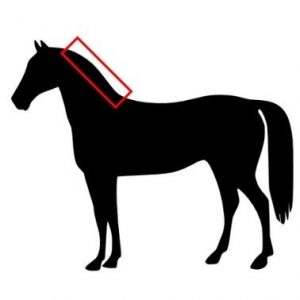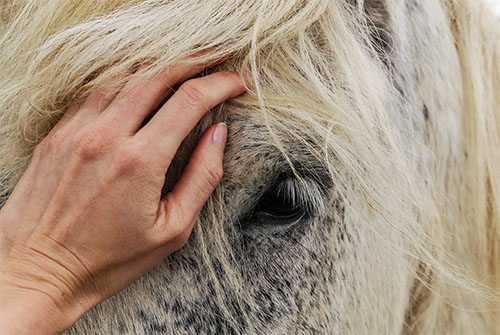- Home
- /
- HTMA – Accurate Nutrient...
- /
- Equine & Canine
Animal Health
Animal Health
Minerals are essential for a wide variety of bodily functions. They are important for building strong bones and teeth, blood, skin, hair, nerve function, muscle and for metabolic processes such as those that turn the food we eat into energy. This means that minerals are needed for the body to work properly, for growth and development, and overall, for maintaining normal health.
The correct mineral balance is important for animal health. Biochemical, emotional and physical stressors can deplete the body of essential nutrients. Combined with environmental toxicity and chronic health concerns, these may result in the accumulation of toxins in tissue and disrupt normal body chemistry. Mineral imbalances in animals can present as a rough coat, flaky skin, poor growth, eating dirt, de-barking trees and tooth decay. Mineral deficiencies, as well as excesses, can lead to ill health and disease.
The right amount of minerals in the right ratio is the key to optimal health. Using hair tissue mineral analysis (HTMA) as a screening test can provide considerable information about the health of the animal, and can help prevent serious health issues by early detection. These comprehensive results give an indicator of the long term effects of diet, stress and toxic metal exposure.

Hair Tissue Mineral Analysis
Hair tissue mineral analysis is a non-invasive test that measures the levels of nutrients and toxic metals found in the hair. It can detect an excess or deficiency of nutrient minerals such as calcium, magnesium, potassium and zinc. It can also identify over exposure to toxic metals such as arsenic, aluminium, cadmium and lead.
InterClinical Laboratories provides reliable clinical data on 32 nutrient and toxic minerals, 27 significant mineral ratios and a comprehensive interpretive report. Our report features detailed medical discussion of test results commenting on mineral balances, ratios, endocrine and performance indexes, areas of concern and possible contributing factors.
Minerals Tested
Nutritional minerals
Boron, Calcium, Chromium, Cobalt, Copper, Iron, Magnesium, Manganese, Molybdenum, Phosphorus, Potassium, Selenium, Sodium, Sulphur, Zinc
Toxic minerals
Aluminium, Arsenic, Beryllium, Cadmium, Lead, Mercury, Uranium
Additional minerals
Barium, Germanium, Lithium, Nickel, Platinum, Strontium, Tin, Tungsten, Vanadium, Zirconium

Sources of Toxicity
Diet, stress and exposure to heavy metals can all upset optimal mineral balances. Horses and dogs can be exposed to a variety of sources of contamination in their everyday environments.
Food, water, food containers, building materials (CCA treated wood, lead based paint), pesticides and land that has been exposed to industrial pollution can all offer exposure to heavy metals, as well as high levels of nutritional elements.
These minerals can build up over time and affect overall health.
How To Take a Hair Sample
To take the hair sample, ensure that the hair has been washed thoroughly, untreated, rinsed completely and dried. Cut the hair close to the skin, in a few small portions, and from several areas on the back of the neck. For a horse sample, cut several sections from the lower section of the mane. The area is similar for a canine sample, take several sections from above and below the collar, avoiding any area where topical treatments are applied. Cut hair as close to the skin as possible. Scissors should be high grade stainless steel or plastic to avoid contamination. The length should not be more than 5-6cm, retain the proximal (root) portion and discard the rest. This part reflects the most recent metabolic activity. The amount of hair necessary for analysis is half a gram, or approximately one tablespoon of hair, which should be placed in the sample collection envelope provided.


Ordering a Hair Analysis
We suggest that you ask your Veterinarian or Animal Healthcare Practitioner for a hair tissue mineral analysis from InterClinical Laboratories; alternatively you can contact us directly for either a canine or equine HTMA submittal kit. Test results are usually available 10 – 14 days from the date we receive the sample.
InterClinical Laboratories provides request forms and small envelopes specifically designed for hair tests. If you wish to request a kit click below.



